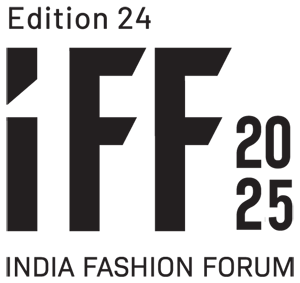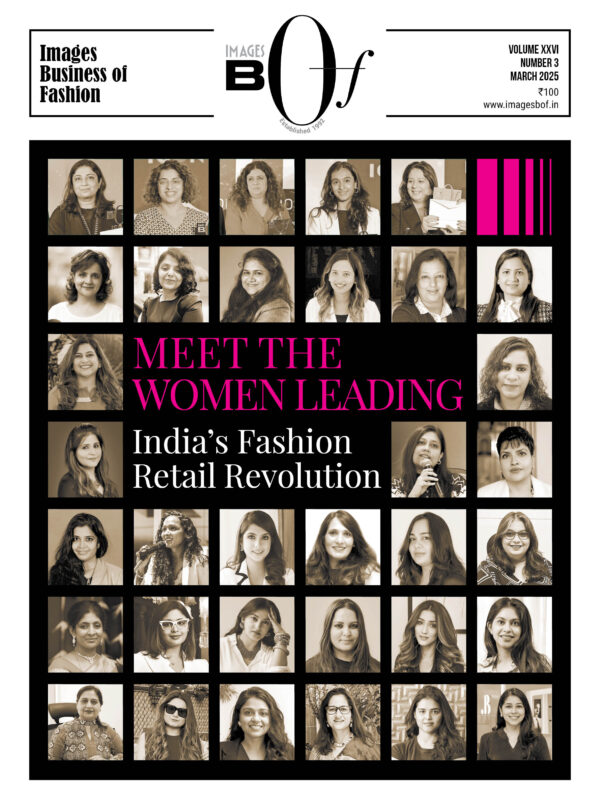Launch: Japan in 1974
India Launch: New Delhi in 2019
Global Store Count: Over 2,250
Parent Company: Fast Retailing Co. Ltd
Brand History
Formerly known as “Ogori Shoji”, Uniqlo was founded in 1974 in Ube, Yamaguchi, Japan by a man named Hitoshi Yanai who started the small-sized men’s tailoring store that primarily sold suits.
After inheriting his father’s chain of these 22 men’s tailoring stores, Tadashi Yanai became the company’s president in 1984 and opened a new store in Hiroshima which was improvised and called Unique Clothing Warehouse and later shortened to Uniqlo. The name “Uniqlo” is a combination of “unique” and “clothing”; a brand that was envisioned to be new-age, transformative, and global.
Today, the popular Japanese casual wear brand is best known for its high-quality and functional clothing that is sold at affordable prices.
India Presence
On 4th October 2019, Uniqlo opened its first-ever store in India in New Delhi’s Ambience Mall located at Vasant Kunj. The launch of Uniqlo in India also marked the debut of Japanese values in India – simplicity and high-quality fashion that is designed for everyone, everywhere.
The brand has a total of six stores in Delhi NCR and a total of ten brick-and-mortar stores in India. As part of its global expansion strategy, the Japan-based global apparel retailer is also set to open their new store in Mumbai by October 2023. The store will be the brand’s 11th physical location in the country and will be located at Phoenix Marketcity Mall in Kurla.
In a report by Economic Times, Uniqlo India’s CEO Tomohiko Sei said, “We are delighted to be launching in Mumbai this fall. October will also mark the anniversary of our four-year journey in India and this new milestone highlights our strong, ongoing commitment to India.”
“Until now, our customers in Mumbai have been using our e-commerce channel to shop for their LifeWear essentials and we now look forward to welcoming them in person to our first Mumbai store.”
Uniqlo’s Evolution
About ten years ago, Uniqlo was only popular in Japan and was not recognized by the large numbers of shoppers spread across the globe. Anyone outside of Japan would be met with a confused look upon hearing the name Uniqlo. However, mention the brand today, and any global citizen would associate it with good quality clothing, fashion, and affordability and that is how successful the company has become in recent years.
Uniqlo has now become another major contender in the global fast-fashion retail market. Despite having to compete with some of the biggest giants in retail like Zara, H&M, Gap, and Forever21, Uniqlo has managed to grow at an astounding pace and capture a huge share in this competitive business.
The company’s evolution and key changes in its branding and overall presence can be attributed to the vision and business insights of Tadashi Yanai. Inspired by his travels to Europe and the US, he saw immense potential for Japan’s casual wear market on an international stage. By observing global trends and fashion needs and by realizing the potential of the Japanese fashion market, Tadashi made plans to move away from being a company that mainly sold suits towards one that could deliver high-quality clothing that is essentially unique in nature.
By taking control of the entire business process from design to production and retail, Tadashi Yanai created a distinct way of operation that has set itself apart from many big labels in the world of retail. By 1988, he had successfully opened more than 300 Uniqlo stores across Japan and as of 2019, the brand has grown to more than 2,250 stores in 25 countries across Asia, Europe, and the US within 22 years of its operation. Today, Uniqlo is the biggest apparel chain in Asia with over 800 retail stores in Japan alone.
Market Value
Uniqlo is a wholly owned subsidiary of its parent company called Fast Retailing Company Limited. The Fast Retailing Company is best known for being a label that can deliver high-quality clothing at affordable prices. Its market capitalization is over USD 49.2 billion and employs over 56,000 people globally. For the year ending 2022, Fast Retailing recorded a revenue of USD 22 billion and a profit of USD 2.5 billion.
Fast Retailing plays a major part in the growth and success of Uniqlo by positioning it on global charts. According to a Forbes report in 2021, Uniqlo has a brand value of USD 9.2 billion and is 84th on the list of the World’s Most Valuable Brands.
In 2018, Uniqlo’s sales outside Japan overtook sales in its home market for the first time, the success of which was widely owed to its CEO, Tadashi Yanai for building an extremely strong company culture that focused on teamwork and customer experience.
Company’s USP
Uniqlo’s power as a company is its customer-first approach combined with visionary leadership. In 2019, Tadashi Yanai was ranked number 54 on the list of best-performing CEOs in the world conducted by Harvard Business Review.
Since the year 2000, he has provided a 700 percent shareholders return, and the market capitalization of Uniqlo has increased by USD 39 billion. He is widely appreciated and looked up to by business owners and enthusiasts alike for creating a strong company culture that focuses on teamwork and customer experience.
Here are some insights into what Uniqlo does differently and why it has become noteworthy-
- Their company policy and organizational structure encourage employees to provide suggestions at all steps of their career
- Company financials are transparent to employees and sales are recorded and posted daily
- The brand places huge importance on its in-store experience and micromanages every single customer touchpoint
- In the year 2000, the company built a Uniqlo University in Tokyo in which 1,500 new store managers are trained every year
- Uniqlo is highly dedicated to innovation and technology and considers itself to be a technology-forward brand rather than only a fashion-forward one
- One of Uniqlo’s signature innovations is HeatTech, a fabric developed in conjunction with Toray Industries (a Japanese chemical company) that turns moisture into heat and has air pockets in the fabric to retain that heat
- Despite being born and originating in Japan, Uniqlo went against its roots and decided to use the English language as its medium of communication with the masses; an approach that strengthened its sales and customer base worldwide
- The company also makes use of global brand ambassadors to take Uniqlo’s name forward in every corner of the globe. The most important attributes it looks for in its brand ambassadors are people with resilience and a motivational character that customers can relate to or inspire to be
- Uniqlo currently has 6 Global Ambassadors which include – Roger Federer, Ayumu Hirano, Kei Nishikori, Shingo Kunieda, Gordon Reid, and Adam Scott
Sustainability Approach
Uniqlo deeply cares about giving back to society and strongly believes that its value as a company is correlated to what it can give back to society year after year. The company’s corporate perspective is that companies that only focus on profit will not survive, instead, a company’s desire to transform society can enhance the lives of all its stakeholders as well as the environment.
Here are a few sustainability initiatives that the company is engaged with –
- Uniqlo collects old garments to transform them into brand-new clothing
- To reduce waste and the use of oil, they produce thread from old plastic bottles that are used to create new clothing
- The company makes use of recycled polyester in many of its styles and ranges
- For their jackets and winterwear, Uniqlo only uses sustainably sourced down feathers from farms that seek to minimize their impact on wildfowl
- They procure all raw materials responsibly with concern for animal welfare, the environment as well as cotton farmers
- Through stakeholder collaboration and technological innovation, Uniqlo is committed to reducing its water consumption and greenhouse gas emissions
- In the fiscal year 2018, through their All-Product Recycling Initiative, Uniqlo donated 30.29 million items to 65 countries and regions in need



